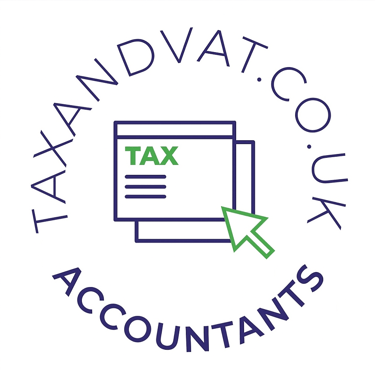Making Tax Digital
Discover the new UK tax submission process launching in April 2026.
Making Tax Digital could affect you if you work for yourself as a sole trader or earn money from property?
Tax returns are changing – with a new way to record and report your income and expenses. This is called Making Tax Digital for Income Tax.
Sometimes you’ll see this shortened to MTD for Income Tax. HMRC is rewiring the way you do Income Tax
In fact, it’s the biggest change since HMRC launched Self Assessment more than 30 years ago.
You won’t fill out your tax return all at once, Instead you’ll split and spread the admin throughout the year.
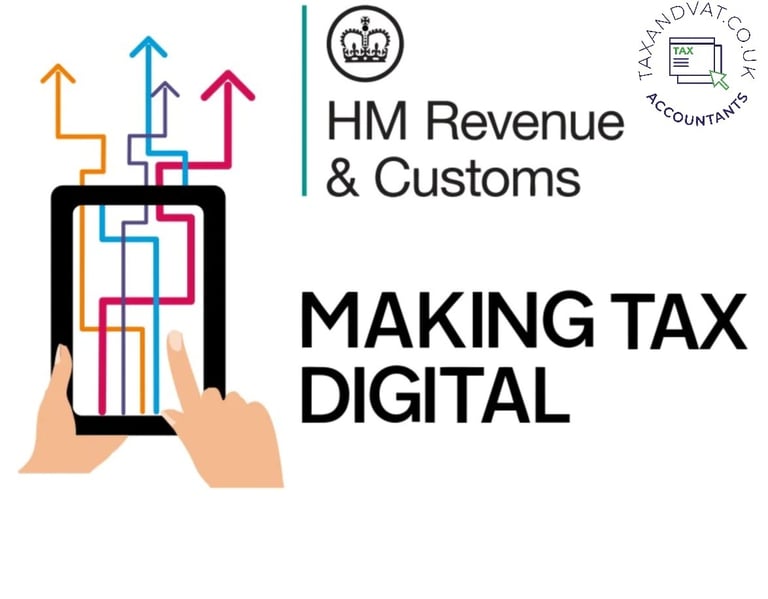

How we can help.
We use compliant software: The most important step is we assist with is setting up MTD-compatible software. Our platform records and process your business’s finances, calculate VAT, and automatically generate returns.
Keep accurate digital records: Instead of storing receipts in boxes or spreadsheets alone, you must maintain digital records, such as sales, expenses, and VAT figures.
Submit returns electronically: All tax returns must be sent electronically through the software. Paper submissions are no longer accepted unless special exemptions apply.
Stay updated: Deadlines and requirements are subject to change. We constantly check HMRC’s official guidance to ensure continuous compliance.
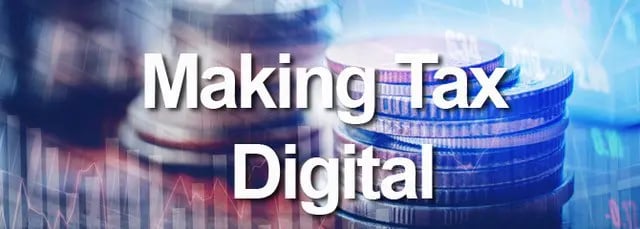

NEW HMRC Rules
Making Tax Digital (MTD) is a UK government initiative designed to modernise the tax system by replacing paper-based processes with digital reporting. Its goal is to make tax administration more accurate, simplified, and efficient for individuals and businesses. Understanding how MTD works and how to comply is essential for avoiding penalties and keeping your financial records in good order.
What is Making Tax Digital?
Making Tax Digital requires businesses and self-employed individuals to maintain digital records of their income and expenses and to use software that links directly with HMRC systems. Instead of filling out traditional paper tax returns, taxpayers must send updates electronically, ensuring real-time accuracy and reducing errors. MTD also means records should be kept in compatible software, spreadsheets, or platforms that can connect to HMRC via approved APIs.
Who Needs to Comply?
Currently, MTD applies to VAT-registered businesses with taxable turnover above the £85,000 threshold. These businesses must keep digital records and submit VAT returns through MTD-compatible software. Soon the scheme will extend further to individuals paying income tax through self-assessment, landlords, and smaller organisations. From April 2026, self-employed individuals and landlords earning more than £50,000 annually will also need to comply, followed by those earning above £30,000 in April 2027.
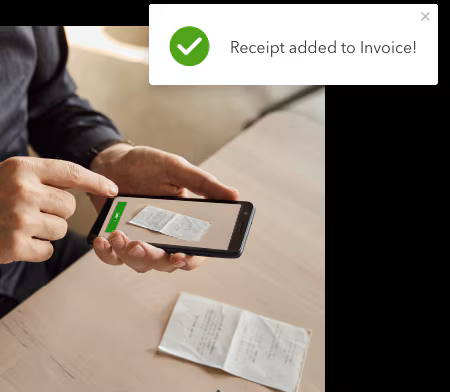



Digital receipt downloading
As part of our service we will enable you to install a specialist bookkeeping App directly on your phone. This enables our system to process your transaction's quickly and compliantly in real time ready for the quarterly MTD updates.
About Making Tax Digital
We provide insights on the new UK tax submission process launching in April 2026, helping businesses navigate the transition to Making Tax Digital.
Making Tax Digital
Discover the new tax submission process coming in April 2026.
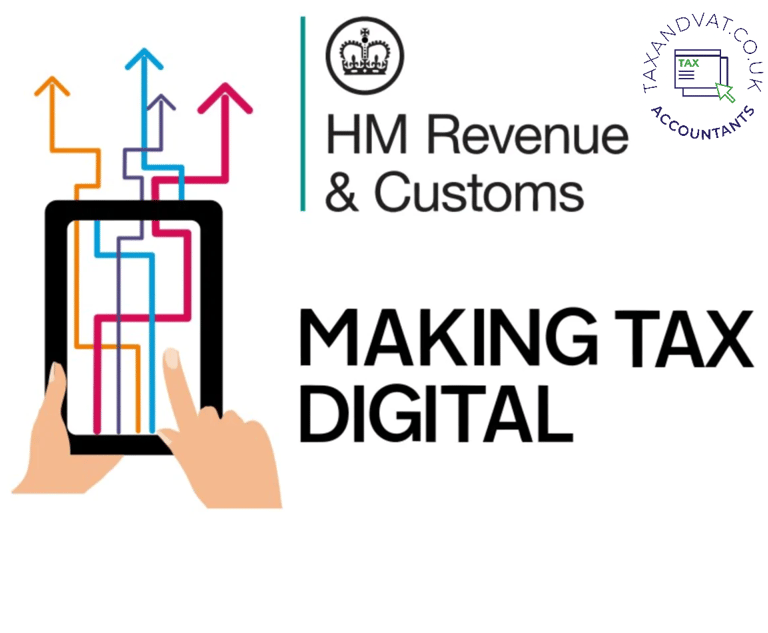

Expert Guidance
Get professional advice on Making Tax Digital requirements.
Simple Solutions
Effective strategies for smooth tax transition and compliance.
Stay Informed
Updates on regulations and best practices for businesses.
Contact Us
Get in touch for inquiries about Making Tax Digital.


